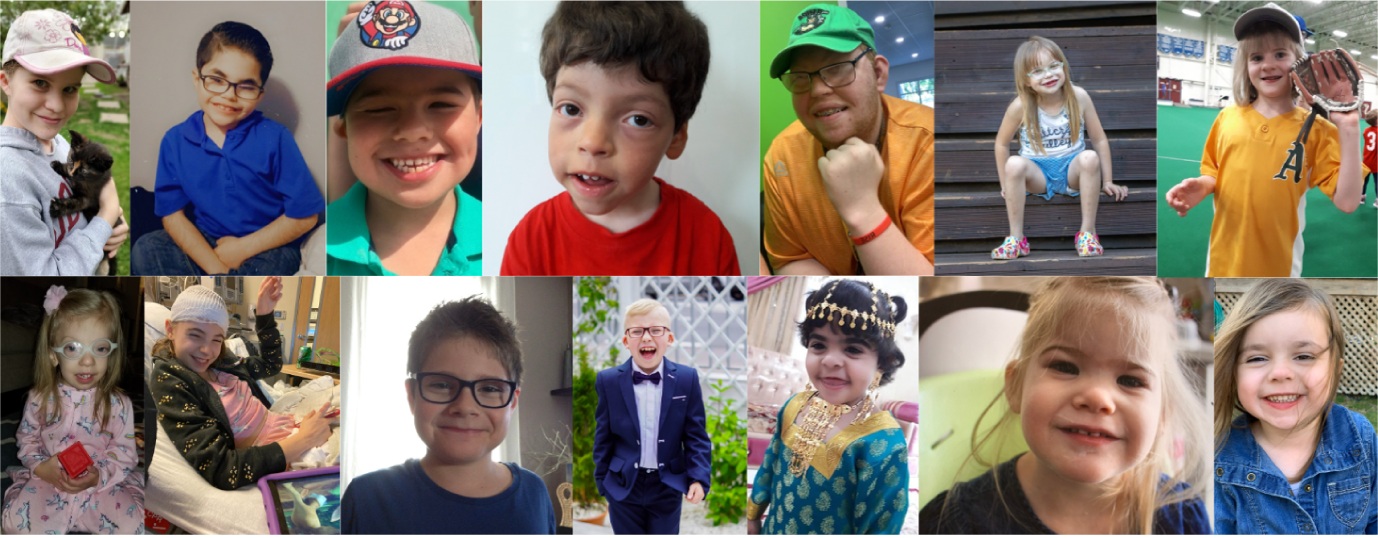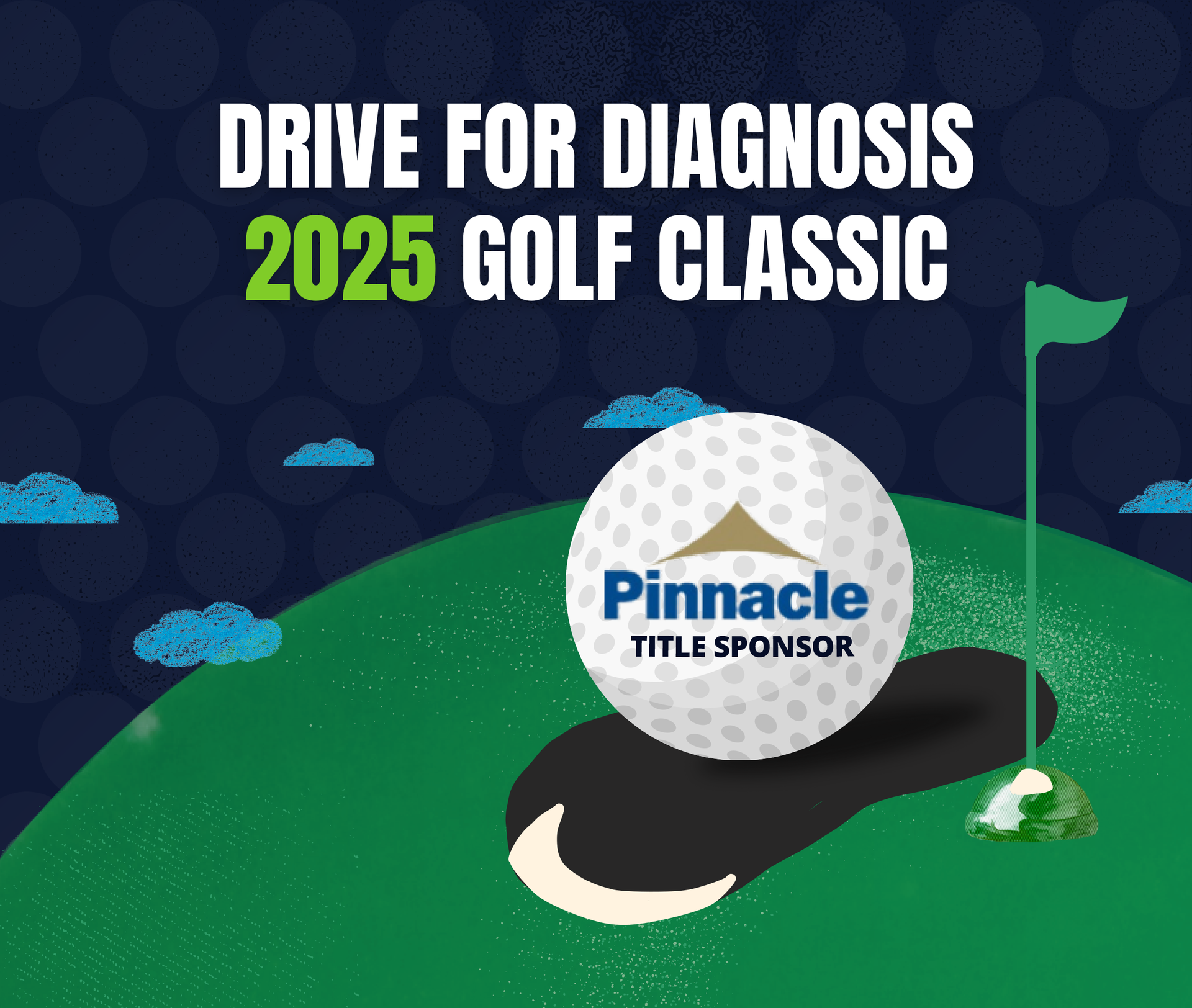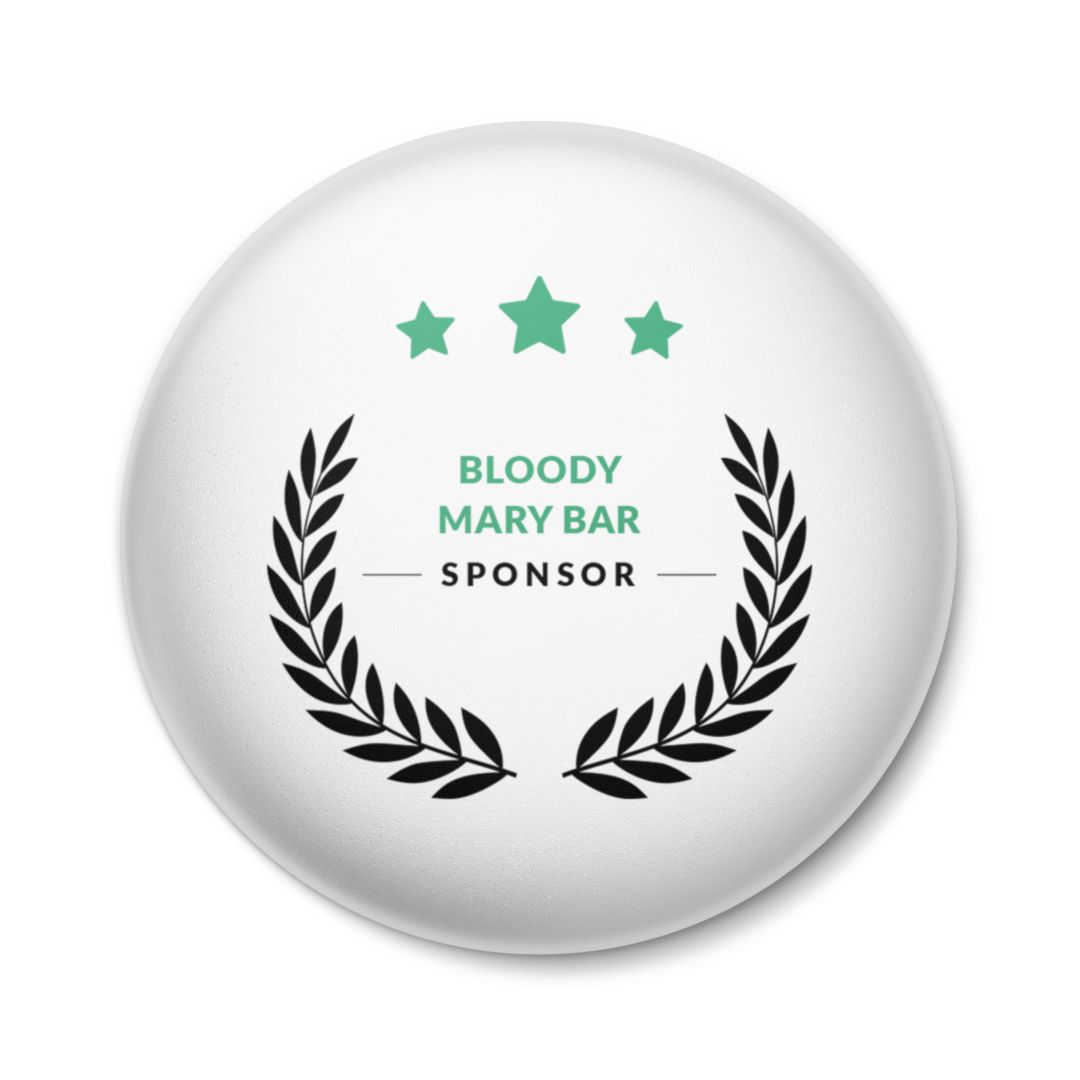Drive for Diagnosis 2025 Golf Classic
To benefit the CSNK2A1 Foundation & TGEN’s CENTER FOR RARE CHILDHOOD DISORDERS in their collaborative efforts to diagnosis and find a cure for Okur-Chung Neurodevelopmental Syndrome
THANK YOU TO OUR GOLF CLASSIC TITLE SPONSOR

Monday, April 7, 2025
El Caballero Country Club
Tarzana, California
Tournament Schedule
Monday, April 7, 2025
El Caballero Country Club
18300 Tarzana Avenue Tarzana, CA 91356
(818) 654-3092
8:30 AM-10:30 AM
Registration
Breakfast & Bloody Mary Bar
Massages
Smoothie/Coffee Bar
Putting Contest
Lucky few to chip for $$$
Driving Range Opens
10:30* AM
Shotgun Start
Four Person Team
Modified Best Ball Format
Exciting contests, food & drinks await you!
4:30 PM-6:30 PM
Hosted Bar
Heavy Appetizers
Team/Contest Winners Presentation
Live Auction
Super Silent Auction
Opportunity Board prizes
*earlier start time this year!
GOLF Sponsorship OPPORTUNITIES
Non-Golf Sponsorship OPPORTUNITIES
How it all began.
Okur-Chung Neurodevelopmental Syndrome (OCNDS) is an ultra-rare genetic disorder first identified in 2016. Although it is believed to affect thousands globally, only about 300 individuals have been diagnosed worldwide to date. In 2016, there were just five known cases, and no resources existed—no foundation, no website, no community, and no research.
In 2018, Jennifer and Jason Sills took action, founding the CSNK2A1 Foundation after their daughter became the 6th diagnosed case in the world. They created the foundation with a dual mission: to accelerate research for treatments and a cure and to provide a supportive community for families navigating OCNDS. Their work has since sparked hope, awareness, and progress, offering a lifeline to families affected by this rare condition.

What causes OCNDS?
OCNDS is a rare genetic disorder caused by a mutation in the CSNK2A1 gene. Individuals with OCNDS face significant challenges, including severe speech delays or the inability to speak, global developmental delays, epilepsy, traits of autism spectrum disorder, behavioral difficulties, and feeding problems. Everyday activities that many take for granted—such as swallowing, dressing, using the restroom, buckling a seatbelt, and making friends—are major hurdles for those living with OCNDS.
To navigate these challenges, individuals with OCNDS often undergo multiple therapies, including speech, occupational, feeding, and physical therapy, all of which can take hours each day. The journey for parents and caregivers is one of constant advocacy and sacrifice. They become not only caregivers but also advocates, nurses, champions, therapists, fundraisers, researchers, trailblazers, teachers, and paperwork experts—taking on roles they never imagined in order to provide the best care and support for their loved ones. The dedication of these families fuels the need for ongoing research and support, as they continue to seek treatments and a cure.
Why does funding OCNDS research matter?
The CSNK2A1 gene produces a protein called CK2, which is present in every human cell. In individuals with OCNDS, this protein is disrupted, leading to the many challenges associated with the syndrome. Our research aims to understand how to restore CK2 functionality in OCNDS patients, offering hope for more effective treatments.
CK2 is not only a key protein for OCNDS, but it also plays a critical role in a variety of other serious diseases. By funding research into CK2’s potential, we are not only advancing treatments for OCNDS but also contributing to breakthroughs that could benefit millions of people worldwide.
CK2 is being studied in relation to a wide range of conditions, including Parkinson’s disease, Alzheimer’s, autism, COVID-19, inflammatory diseases, ALS, cystic fibrosis, and cancer. A breakthrough in CK2 research for OCNDS could unlock new therapeutic possibilities for many other life-altering diseases
TGEN & CSNK2A1 Foundation Collaboration
TGen, part of City of Hope, is a nonprofit biomedical research institute focused on conducting groundbreaking research with life-changing results. In 2012, TGen established The Center for Rare Childhood Disorders (C4RCD) to harness the latest technological leaps in genomic sequencing to pinpoint the causes of rare childhood disorders and provide children and their families with a diagnosis and a path toward care and cures.
Through support from the CSNK2A1 Foundation and the Drive for Diagnosis Golf Tournament, TGen has established an OCNDS Research Program led by Dr. Matt Huentelman, the Scientific Director of TGen's C4RCD. This partnership has allowed TGen and collaborators to deepen our understanding of the genetic changes that cause OCNDS and conduct foundational work to develop personalized therapeutic options.
The CSNK2A1 Foundation and TGen are moving quickly to the next stage of our research in which Dr. Huentelman's team will lead a study utilizing OCNDS patient-derived cells to determine how genetic mutations in the CSNK2A1 gene affect the function and structure of brain cells. We are proud to continue this partnership and advance our progress toward improved therapeutic options for those living with OCNDS.
Your donation dollars at work.
We’ve brought together an international team of leading scientists to fast-track treatments for OCNDS. These experts, many of whom studied CSNK2A1 long before its link to OCNDS was known, are now collaborating closely—sharing data, publishing groundbreaking research, and meeting regularly to accelerate progress.
Since our last golf tournament, under the leadership of Dr. Gabrielle Rushing, our Chief Science Officer, we launched four transformative research projects, including the first OCNDS mouse model study, among six new publications funded by the Foundation. In partnership with Unravel Biosciences, we’re leveraging AI to identify FDA-approved compounds for preclinical testing, moving closer to clinical trials and proving that treatment is within reach.
We’ve amplified the voice of OCNDS families by hosting an FDA Patient Listening Session to raise awareness and establish vital communication. To inspire the next generation of rare disease advocates, we’ve trained nine interns in nonprofit work and research.
Connecting families is central to our mission. Our 48th family Zoom call this year provided a safe, inclusive space for sharing experiences, with live-caption translations ensuring accessibility for all.
Your generosity fuels these milestones and gives hope to OCNDS families worldwide.
Every dollar counts. You can make a difference today!
The Impact of Your Support

$1.2M+
Raised from Drive for Diagnosis Golf Tournaments

$1.1M+
Research Grants Awarded

13
Grants Awarded

12+
Quarterly Scientific Roundtables

14
Quarterly Scientific Roundtables

5
Family Conferences (2 in-person & 3 virtual)

48
Family Support Meetings

2
Scientific Conferences (1 in-person & 1 virtually)

143
Individuals enrolled in the OCNDS Natural History Study

289
Patients Worldwide

1
Biotech Partnership

25
Strategic Partners

9
Interns PHD & medical trainees hosted in 2024

24
Key OCNDS documents translated into 24 languages

1
Compound being tested in OCNDS mouse model
2025 Drive for Diagnosis Golf Classic
To benefit the CSNK2A1 Foundation & TGEN’s CENTER FOR RARE CHILDHOOD DISORDERS in their collaborative efforts to diagnose and find a cure for Okur-Chung Neurodevelopmental Syndrome
TO SIGN UP FOR TOURNAMENT SPONSORSHIPS OR DONATIONS:
- Please donate online at https://www.csnk2a1foundation.org/golf-tournament
- Or mail donation to: CSNK2A1 Foundation 1929 Van Ness Ave, San Francisco, CA 94109
- Or print out sponsorship commitment forms, scan, and email to golfclassic@csnk2a1foundation.org
- We will contact you for your Company Logo and information for Sponsorship recognition
- Email your Golf Player information sheet to bob@iemgolf.com once you have secured your players.




































